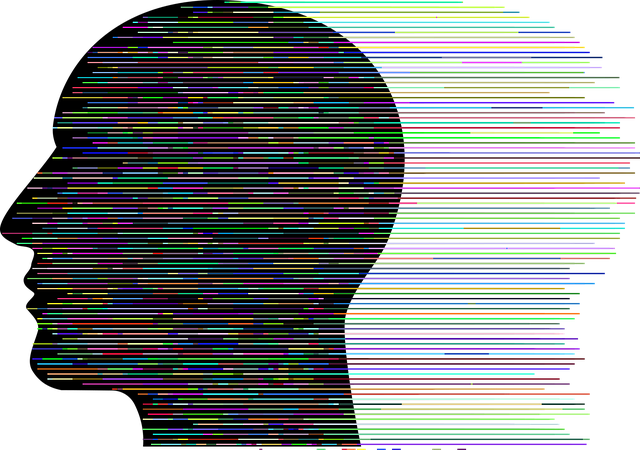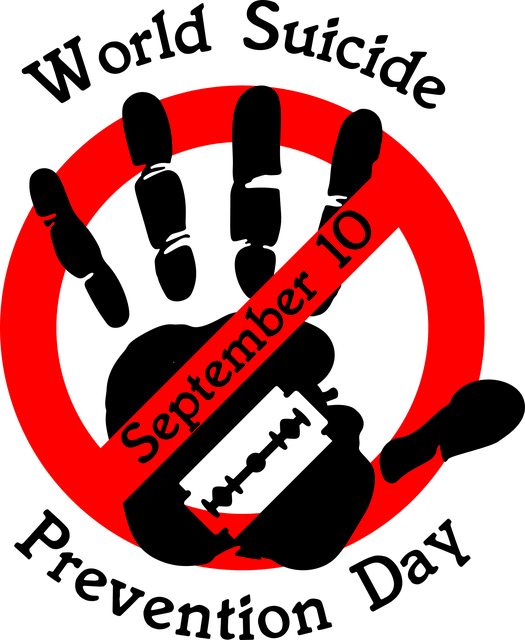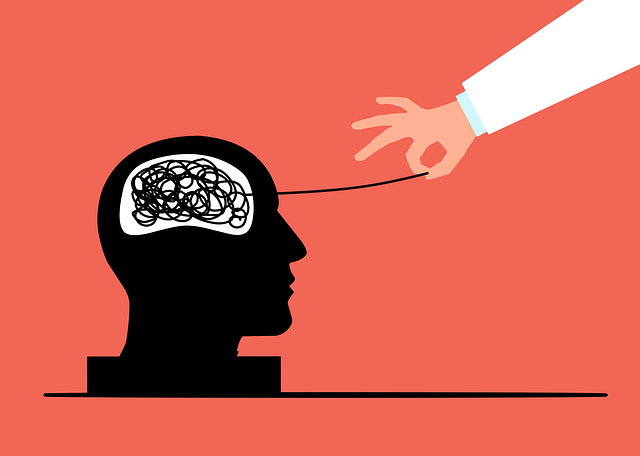Diagnosing mental illness in diverse communities like Arvada presents unique challenges due to overlapping symptoms, individual variations, and cultural influences. Enhancing accuracy requires a nuanced approach combining clinical expertise with personal histories and environmental factors. Initiatives like Social Skills Training and Coping Skills Development create supportive environments. Arvada Stress Management Therapy, a revolutionary approach, focuses on stress reduction and mental wellness through evidence-based techniques, burnout prevention, self-esteem improvement, and journaling. Advanced assessment tools, including AI algorithms and digital platforms, offer nuanced insights for early detection and precise diagnoses. These strategies empower individuals to cope with challenges and promote long-term recovery.
Mental illness diagnosis accuracy has long been a topic of concern, with many challenges hindering effective treatment. This article explores efforts to improve diagnostic accuracy, focusing on innovative approaches like incorporating advanced assessment tools and holistic evaluation techniques. We also delve into the role of Arvada Stress Management Therapy in enhancing mental health care. By examining these strategies, we aim to highlight how healthcare professionals can receive better training and support to provide more precise and compassionate care.
- Understanding the Challenges of Mental Illness Diagnosis
- The Role of Arvada Stress Management Therapy
- Innovative Approaches to Enhance Accuracy
- – Incorporating Advanced Assessment Tools
Understanding the Challenges of Mental Illness Diagnosis

Diagnosing mental illness accurately is a complex task due to the intricate nature of human minds and behaviors. Many factors contribute to this challenge, including the vast array of potential disorders with overlapping symptoms. For instance, depression can manifest differently in each individual, making it sometimes hard to distinguish from anxiety or even certain personality traits. This complexity necessitates a nuanced approach in clinical settings, particularly in communities like Arvada where diverse populations seek support for their mental well-being.
Furthermore, the impact of cultural and social factors on mental health expression adds another layer of difficulty. Effective diagnosis requires not just clinical expertise but also an understanding of personal histories, environmental influences, and coping mechanisms. Encouraging individuals to open up about their struggles is vital, but it can be hindered by stigma, fear, or lack of awareness about available resources. Thus, efforts to enhance diagnosis accuracy should include initiatives like Social Skills Training and Coping Skills Development to create a supportive environment where people feel safe seeking help for their mental health concerns, even if they’re not immediately sure what they’re dealing with.
The Role of Arvada Stress Management Therapy

Arvada Stress Management Therapy plays a pivotal role in enhancing mental illness diagnosis accuracy by focusing on stress reduction and mental wellness. This approach acknowledges that stress is a significant contributing factor to various mental health conditions, often overlooked in traditional diagnostic practices. By integrating evidence-based techniques into their therapy sessions, healthcare providers equipped with Arvada Stress Management Therapy are better able to identify underlying stressors that may mimic or complicate the presentation of mental illness symptoms.
The therapy promotes burnout prevention strategies for healthcare providers, a crucial aspect given the high-pressure nature of their work. It also encourages self-esteem improvement and mental wellness journaling exercises guidance as tools for individuals to gain insights into their emotional states and patterns. This holistic approach not only aids in more accurate diagnoses but also fosters personalized treatment plans that address the root causes of distress, leading to better patient outcomes.
Innovative Approaches to Enhance Accuracy

In the pursuit of enhancing mental illness diagnosis accuracy, innovative approaches have emerged, offering fresh perspectives on traditional methods. One such game-changer is incorporating Arvada Stress Management Therapy into diagnostic practices. This therapeutic technique focuses on identifying and mitigating stress-related triggers, which significantly impacts various mental health conditions. By teaching individuals effective stress management strategies, therapists empower them to better cope with daily challenges, reducing the likelihood of exacerbating existing symptoms or triggering new ones.
Additionally, integrating Trauma Support Services and Social Skills Training into diagnostic evaluation can substantially improve accuracy. Trauma Support Services provide a safe space for individuals to process and heal from past traumas, often hidden contributors to mental health issues. Social Skills Training, on the other hand, equips individuals with essential communication and interpersonal abilities, enabling them to express their needs effectively and foster healthier relationships. These comprehensive approaches not only enhance diagnosis accuracy but also contribute to long-term recovery and improved Mental Health Awareness.
– Incorporating Advanced Assessment Tools

Incorporating advanced assessment tools is a pivotal strategy in enhancing mental illness diagnosis accuracy. These innovative techniques go beyond traditional methods by offering more nuanced insights into an individual’s psychological state. For instance, digital platforms and mobile applications equipped with artificial intelligence algorithms can efficiently screen for early signs of distress or disorders, such as anxiety or depression. This proactive approach, akin to Arvada Stress Management Therapy, allows for timely interventions before conditions escalate into crises.
Public Awareness Campaigns Development and Trauma Support Services also benefit from these tools. By leveraging advanced assessment technologies, mental health professionals can better understand the complex interplay between trauma, stress, and various mental health conditions. This enhanced comprehension facilitates more precise diagnoses and tailored treatment plans, ultimately leading to improved patient outcomes. Crisis Intervention Guidance, for instance, can be guided by data-driven insights from these tools, ensuring that interventions are effective and targeted.
Mental illness diagnosis accuracy has seen significant strides with efforts like Arvada Stress Management Therapy and innovative approaches, including advanced assessment tools. By understanding the challenges and adopting these modern strategies, we can ensure more precise and timely interventions, ultimately improving patient outcomes and quality of life. This multifaceted approach holds promise for navigating the complexities of mental health diagnosis in today’s world.














